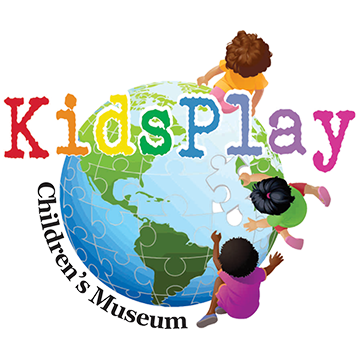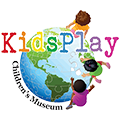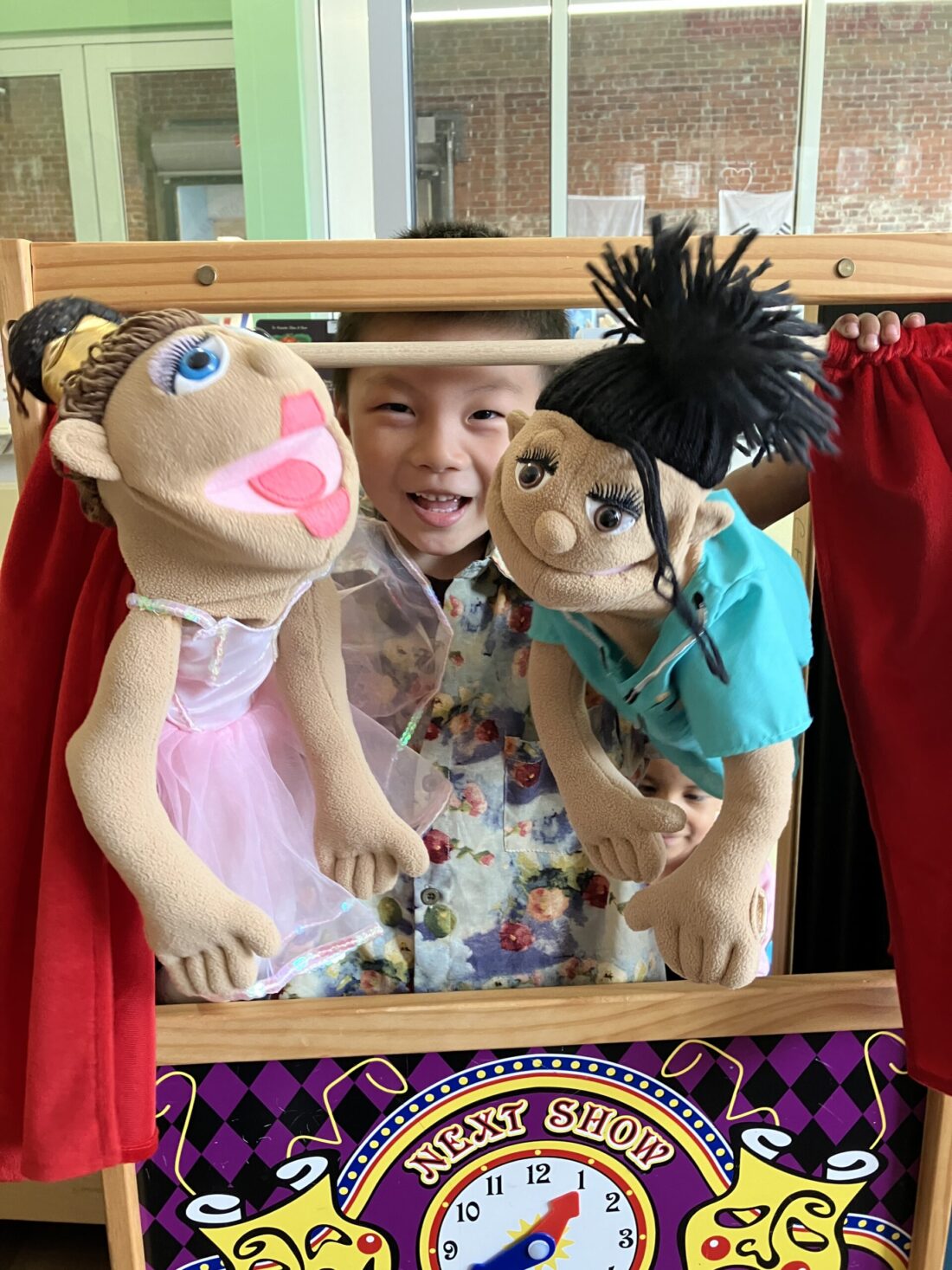Top Three Benefits of Imaginative Play
Imaginative play, also known as pretend play, is a vital part of childhood that brings numerous developmental benefits. Whether children are pretending to be astronauts, chefs, or superheroes, this type of play allows them to explore and understand the world around them. Here are the top three benefits of imaginative play:
-
Enhances Cognitive Development
Imaginative play stimulates cognitive growth by encouraging children to think creatively and problem-solve. When children create scenarios and stories, they use higher-order thinking skills to develop plots, assign roles, and navigate various situations. This process involves planning, organizing, and decision-making, which are essential cognitive skills. Additionally, imaginative play often incorporates elements of math, literacy, and science, such as counting pretend money, reading menus, or exploring imaginary planets, further enhancing cognitive development.
-
Boosts Social and Emotional Skills
Through imaginative play, children practice and develop crucial social and emotional skills. By taking on different roles, they learn empathy as they put themselves in others’ shoes. They also practice communication and negotiation skills as they interact with playmates, negotiate roles, and collaborate on storylines. Imaginative play provides a safe space for children to express their emotions, work through real-life scenarios, and develop resilience and coping strategies. For example, a child pretending to be a doctor can process feelings about a recent doctor’s visit, making the experience less intimidating in real life.
-
Fosters Creativity and Self-Expression
Imaginative play allows children to express themselves freely and creatively. They can explore their interests, experiment with different identities, and create fantastic worlds limited only by their imagination. This freedom to create and experiment fosters originality and innovation, skills that are valuable throughout life. By engaging in imaginative play, children build confidence in their ideas and abilities, which enhances their self-esteem and encourages them to think outside the box.
At KidsPlay Children’s Museum in Torrington, CT, we celebrate the power of imaginative play. Our exhibits, such as the Literacy Tree House and the KidsPlay Diner, provide rich environments for children to engage in pretend play. The Rigamajig and Maker Space challenge children to bring their imaginative visions into reality through the development of early STEM skills like designing, building, and problem solving. All these spaces are designed to spark creativity, support social interactions, and encourage cognitive development through fun and engaging activities.
Imaginative play is more than just fun; it is a critical component of childhood development. By enhancing cognitive abilities, boosting social and emotional skills, and fostering creativity and self-expression, imaginative play helps children grow into well-rounded individuals. Encourage
your child to engage in imaginative play and watch them thrive as they explore their creativity and navigate their world.


